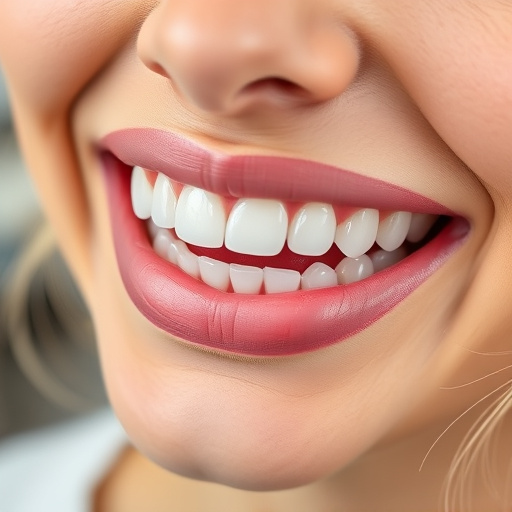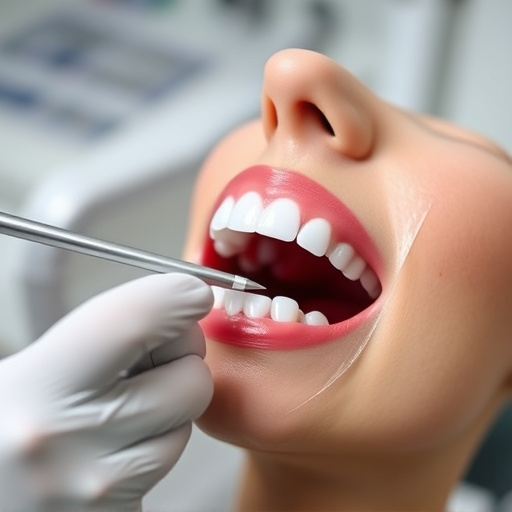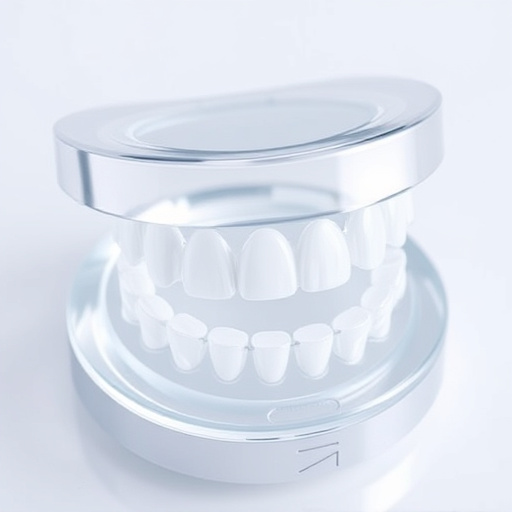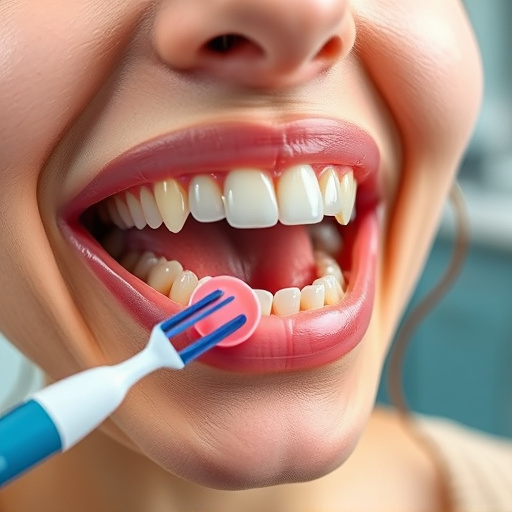Dental sealants for teeth are protective barriers that prevent decay by sealing off complex tooth surfaces from acids, plaque, and bacteria. They fill microscopic pits and grooves, reducing food and bacteria buildup and minimizing the risk of acid erosion. Sealants are especially effective in children with developing enamel, significantly lowering the chance of tooth decay and the need for emergency dental procedures. Regular check-ups and proper oral hygiene are crucial to maintain their integrity and ensure long-lasting protection.
Dental sealants for teeth are an effective, preventative measure against tooth decay. This protective coating acts as a barrier, shielding sensitive areas from harmful acids. By sealing the grooves and pits on molars and premolars, sealants prevent plaque buildup and sugar fermentation, reducing the risk of cavities. This article explores how dental sealants work, their numerous benefits, and essential maintenance tips for long-lasting oral health protection.
- Understanding Dental Sealants: A Protective Coating for Teeth
- How Sealants Work: Creating a Barrier Against Acidic Threats
- Benefits and Maintenance: Ensuring Long-Lasting Oral Health Protection
Understanding Dental Sealants: A Protective Coating for Teeth
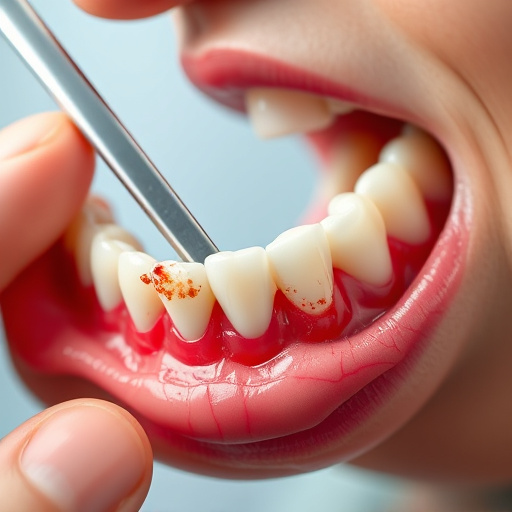
Dental sealants for teeth are a preventive measure that acts as a protective coating on the chewing surfaces of back teeth. They are typically applied to molars and premolars, which are more prone to decay due to their complex anatomy and constant exposure to food particles. This thin, durable film forms a barrier against harmful acids, plaque, and bacteria, preventing them from eroding tooth enamel. By sealing these areas, dental sealants for teeth help maintain the integrity of the tooth structure, reducing the risk of cavities and promoting good oral health.
Restorative dentistry plays a crucial role in maintaining this protective coating, as it involves repairing or replacing damaged teeth. While cosmetic fillings can address minor decay, more extensive damage may require alternative treatments. Regular dental check-ups are essential to monitor the condition of these sealants, ensuring their effectiveness and providing an opportunity to address any potential issues before they escalate into larger problems.
How Sealants Work: Creating a Barrier Against Acidic Threats
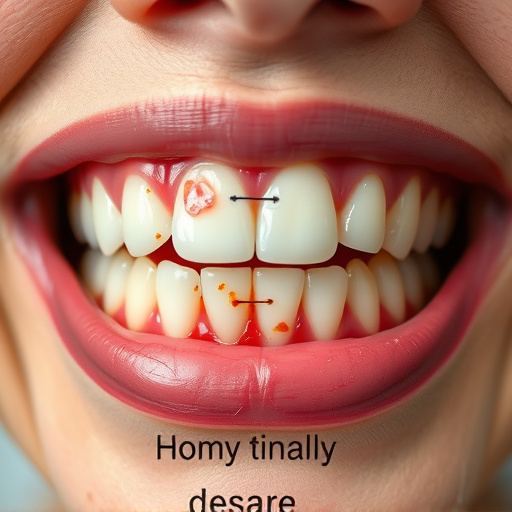
Dental sealants for teeth act as a protective shield, providing an extra layer of defense against harmful acids that can erode tooth enamel. This preventive measure is especially beneficial for molars and premolars, which are more susceptible to decay due to their location at the back of the mouth and complex anatomy.
When applied, sealants create a physical barrier by filling in the microscopic pits and grooves on the chewing surfaces of teeth. By sealing these crevices, they prevent food particles and bacteria from accumulating, thereby reducing the risk of acid production through bacterial fermentation. This simple yet effective strategy helps maintain the integrity of tooth structure, complementing routine teeth cleaning practices and safeguarding against the need for more extensive restorative procedures like dental crowns or cosmetic fillings.
Benefits and Maintenance: Ensuring Long-Lasting Oral Health Protection
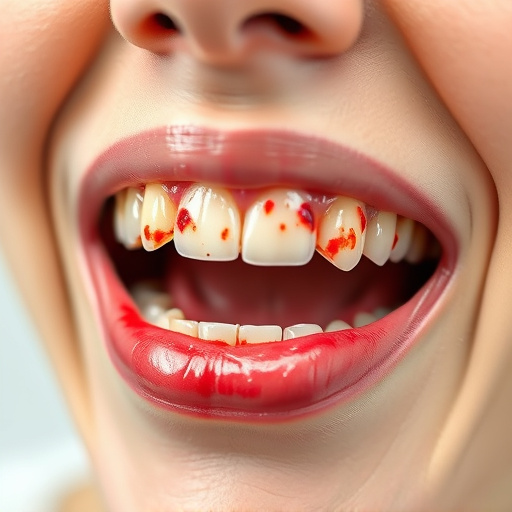
Dental sealants for teeth offer significant benefits in maintaining oral health by creating a protective barrier against harmful acids and bacteria. This is especially crucial for children, as their enamel is still developing. By applying sealant to the chewing surfaces of back molars, dentists can prevent decay and reduce the need for emergency dental care down the line.
Regular maintenance is key to ensuring long-lasting protection from dental sealants. Proper oral hygiene practices, including brushing and flossing, are essential to keeping sealants effective. In addition, periodic dental check-ups allow professionals to inspect the sealants’ integrity and make repairs or reapplications if necessary, thereby safeguarding against potential issues that could require procedures like clear aligners or, in more severe cases, dental crowns.
Dental sealants for teeth are an effective, preventative measure in safeguarding oral health. By acting as a protective coating, they create a physical barrier against harmful acids and bacteria, significantly reducing the risk of tooth decay and erosion. Regular maintenance ensures their longevity, providing long-lasting protection and contributing to a healthy smile.



